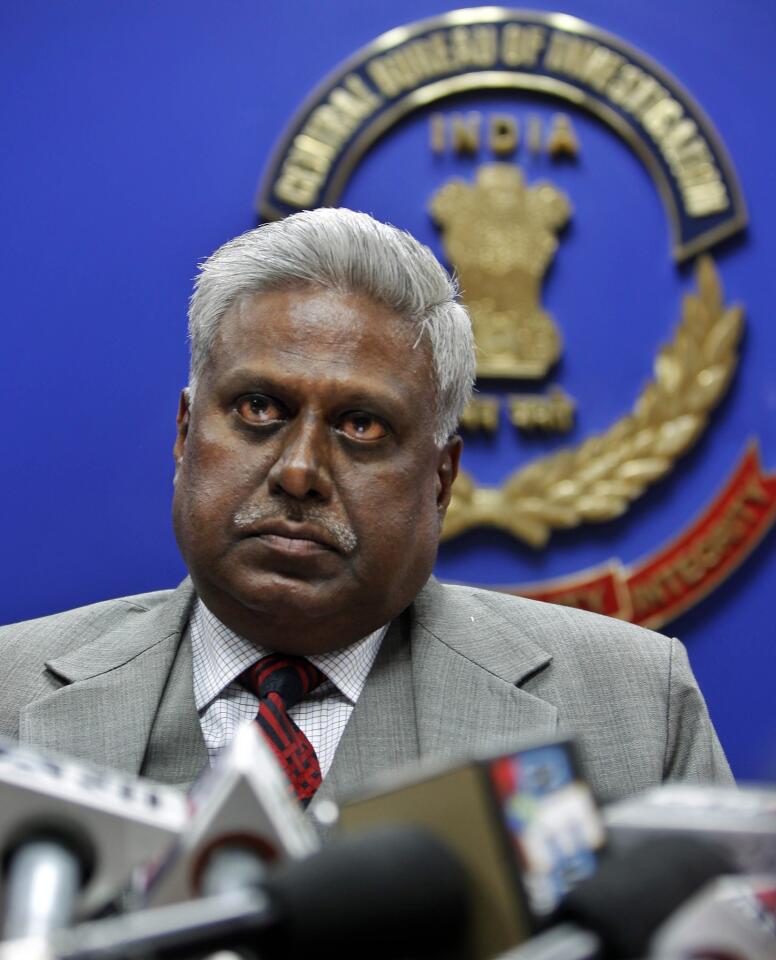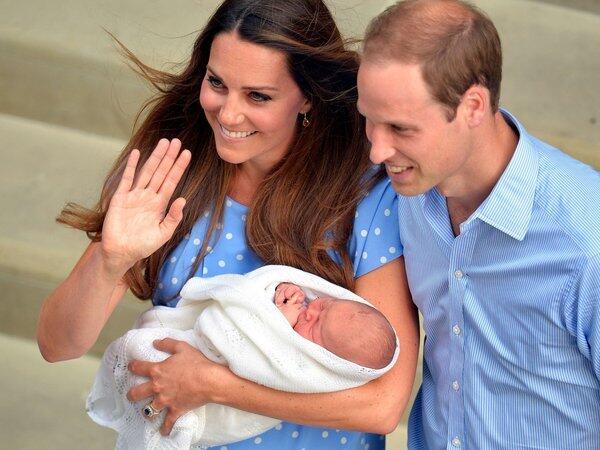Five disheartening moments for women in 2013 -- and one disappointment

The Texas Legislature passed a law this summer that mandates doctors performing abortions have hospital admitting privileges nearby. This is a medically unnecessary restriction, has no impact on the quality of care a woman would get at a hospital emergency room if she needed it, and effectively wipes out of operation a third of Texas clinics providing abortions because few of their doctors have admitting privileges. It would leave an estimated 20,000 women in Texas stranded without a clinic within 100 miles of them, say abortion rights advocates. This law is designed to hinder a woman’s access to abortion -- and that’s unconstitutional. Hopefully, either the U.S. 5th Circuit Court of Appeals (which will hear a challenge to the law) or the Supreme Court will figure that out. (Larry W. Smith / EPA )
Even in the evolved 21st century, women around the world grapple with issues of access to reproductive rights, violence and gender inequality. Take a look at some of the year’s past events. -- Carla Hall

In March, North Dakota passed a law that prevents abortions as soon as a fetal heartbeat is detected, which can be as early as six weeks. That gave it the ignominious distinction of being the most restrictive state in the country on abortion. The Supreme Court has ruled that abortion is legal up to fetal viability, which is generally 24 weeks. A federal judge rightly blocked the North Dakota law from going into effect. But meanwhile, the state will have on the ballot next year a “personhood” amendment. If approved, it would give the “right to life” to “every human being at any stage of development.” Of course, it would be challenged, which is exactly what its proponents want: to get it before the Supreme Court. If it does, the Supreme Court should strike it down. Above: North Dakota Gov. Jack Dalrymple. (Dale Wetzel / Associated Press)

A chain of crafts stores claimed a religious exemption to the Affordable Care Act’s contraception mandate, which requires companies offering insurance to employees to cover drugs that function as abortifacients (such as the morning-after pill.) A federal appeals court agreed. Of course, this is absurd. Hobby Lobby, as the chain is called, no more has a right to forgo providing federally mandated coverage for its employees because of its owners’ personal religious beliefs than its employees have a right to refuse to fulfill their work duties because they don’t like their employers’ personal religious beliefs. There are exceptions granted for churches, religious schools and hospitals run by religious groups in which the businesses themselves are tied to religious beliefs. That’s not the case here. Now the Supreme Court will review the Hobby Lobby case. Let’s hope the justices reject this dubious claim. (Ed Andrieski / Associated Press)

A top law enforcement official in India recently said that his country would be better off legalizing gambling than trying to stop it. He offered this analogy -- it’s “like saying if you can’t prevent rape, enjoy it.” The outrageousness of his remark aside, Ranjit Sinha is the director of the Central Bureau of Investigation in a country with an appallingly bad record on preventing and prosecuting rape. In the wake of the fatal gang rape of a woman on a bus in India last December, the country changed some of its rape laws, and in September it convicted four men in the gang rape and sentenced them to death.
Oh, yeah: Sinha has apologized. (Mustafa Quraishi / Associated Press)
Advertisement

In the “more disappointing than devastating” category: Prince William and Catherine, Duchess of Cambridge, didn’t have a baby girl. Of course, the most important concern was that they have a healthy baby. And for that, we are happy. But, what with primogeniture -- the rule that a male heir trumps a female heir over succession to the throne -- being scrapped by the United Kingdom, some of us were a little disappointed that the young royals did not emerge from the hospital carrying baby Princess Amber. (OK, they never would have named a girl that.) It just would have been cool to have a girl as third in line (after her father and grandfather) to the throne. (John Stillwell / AFP / Getty Images)







